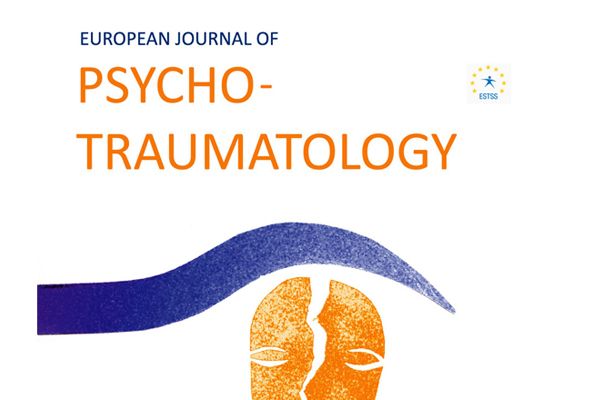1 april 2020
European Journal of Psychotraumatology
Anthony Nazarov, Deniz Fikretoglu, Aihua Liu, J. Don Richardson & Megan Thompson
https://doi.org/10.1080/20008198.2020.1729032
Objective: Potentially morally injurious experiences (PMIE) (events that transgress an individual’s subjective moral standards) have been associated with psychologically distressing moral emotions such as shame and guilt. Military leaders and clinicians have feared that those with PMIEs may be less likely to seek help due to the withdrawing nature of shame/guilt; however, to date, help-seeking patterns of military personnel with PMIEs has not been explored. Our objective is to address this research gap.
Method: Data from a nationally-representative, cross-sectional mental health survey of active Canadian military personnel were analyzed. To assess the association between exposure to three PMIEs and past-year help-seeking across different provider categories (i.e., professionals, para-professionals (i.e., those delegated with mental health advisory tasks but not licenced to practice as medical professionals), non-professionals), a series of logistic regressions were conducted, controlling for exposure to other deployment and non-deployment-related trauma, psychiatric variables, military factors, and sociodemographic variables. Analytical data frame included only active CAF personnel with a history of Afghanistan deployment (N = 4854).
Results: Deployed members exposed to PMIEs were more likely to seek help from their family doctor/general practitioner (OR=1.72; 95%CI=1.25-2.36), paraprofessionals (OR=1.72; 95%CI=1.25-2.36), and non-professionals (OR=1.44; 95%CI=1.06-1.95) in comparison to members not exposed to PMIEs. Those exposed to PMIEs were also more likely to seek professional care from the civilian healthcare system (OR=1.94; 95%CI=1.27-2.96).
Conclusion: Contrary to long-held, but untested, assumptions regarding the impact of PMIE on help-seeking, we found those with PMIEs are more likely to seek help from gatekeeper professionals (i.e., general practitioners) and non-professionals rather than specialized mental health professionals (e.g., psychologists). Increased utilization of civilian professionals raises concerns that active military members may be avoiding military health services. Clinically, this highlights the need to increase awareness of MI to ensure that actively serving military members are provided with appropriate advice and treatment.
Keywords: Mental health; help-seeking; moral injury; posttraumatic stress disorder; Military Psychiatry; Treatment-seeking.

Het European Journal of Psychotraumatology (EJPT) is een peer-reviewed, interdisciplinair wetenschappelijk tijdschrift dat deel uitmaakt van de European Society for Traumatic Stress Studies (ESTSS).
Het EJPT heeft als doel om wetenschappers, behandelaren en experts te betrekken bij de belangrijkste vraagstukken rond stress en trauma, waaronder individuele gebeurtenissen, herhaalde of chronische trauma's, grootschalige rampen en geweld.

